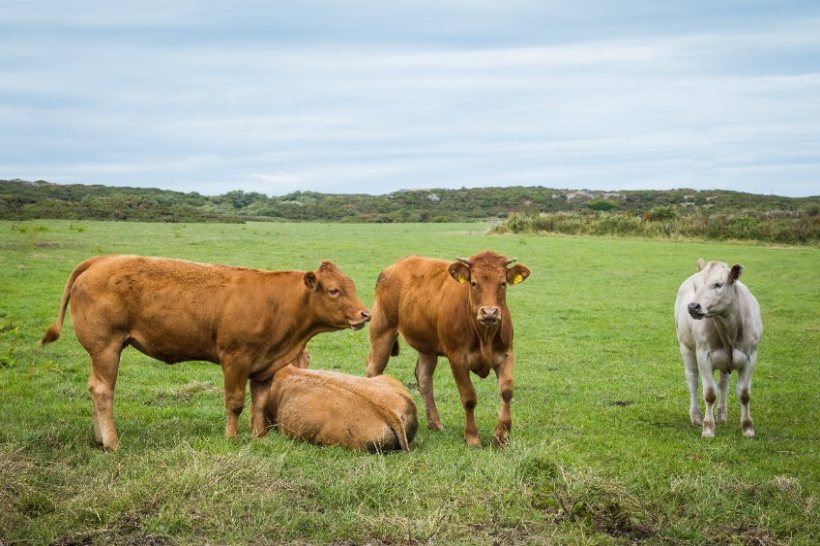
NFU Cymru has reiterated the need for a 'genuine collaborative approach' between industry and government to tackle bovine TB in Wales.
The call comes in the wake of the latest written statement on Wales TB Eradication Programme issued by the Minister for Rural Affairs, Lesley Griffiths on Monday (11 July).
While NFU Cymru welcomed the work of the Welsh government to collaborate with industry to tackle bTB, it stressed that eradication would only be achieved if the disease is tackled across all its vectors.
Figures released by the Welsh government shows that bovine TB continues to be a source of misery for the Welsh cattle industry.
Between the end of March 2021 and 2022, over 10,000 animals were slaughtered in Wales as result of bovine TB.
However, new TB incidents have decreased from 1,185 in 2009 to 634 in the 12 months to March 2022, a 46.5% fall.
On 31 March 2022, there were 988 herds under restrictions, compared to the peak of 2,268 herds under restriction on 31 March 2009, representing a 56% decline.
Earlier this year, NFU Cymru’s TB Focus Group made a number of recommendations to Ms Griffiths around a series of key themes.
These included improving communication to farmers, the importance of AFUs and orange markets as an avenue of sale for those farms under restriction, biosecurity, testing and the sharing of data.
The union said it was 'pleased' that the Minister had referred to all of these issues in her statement, as well as "showing her willingness to work with industry to consider how these issues can be taken forward".
Chairman of the NFU Cymru TB Focus Group, Roger Lewis said: “This is something our members are very keen to see progressed.
"We stand ready to work collaboratively with Welsh government through the new mechanisms they suggest in this statement on the refreshed Wales TB Eradication Programme."
In her statement, Ms Griffiths said the Welsh government recognised that bovine TB was a complex disease, adding that further engagement with industry was needed on TB payments.
But NFU Cymru said it 'categorically rejects' any move towards tabular valuation which 'would be devastating for our industry'.
The union maintains that the fairest system is the system in place today, where an animal is valued by a professional based on its individual characteristics.
"The likelihood is that a system based on averages would be likely to overvalue as undervalue stock," Mr Lewis said.
"We are absolutely clear that the only way to reduce the cost of the eradication programme is to ensure that TB is controlled quickly and effectively, so that the disease has the smallest possible impact on the national herd.
"The fewer animals that need to be slaughtered because of bovine TB, the lower the compensation bill and the lower the cost for both government and industry."
